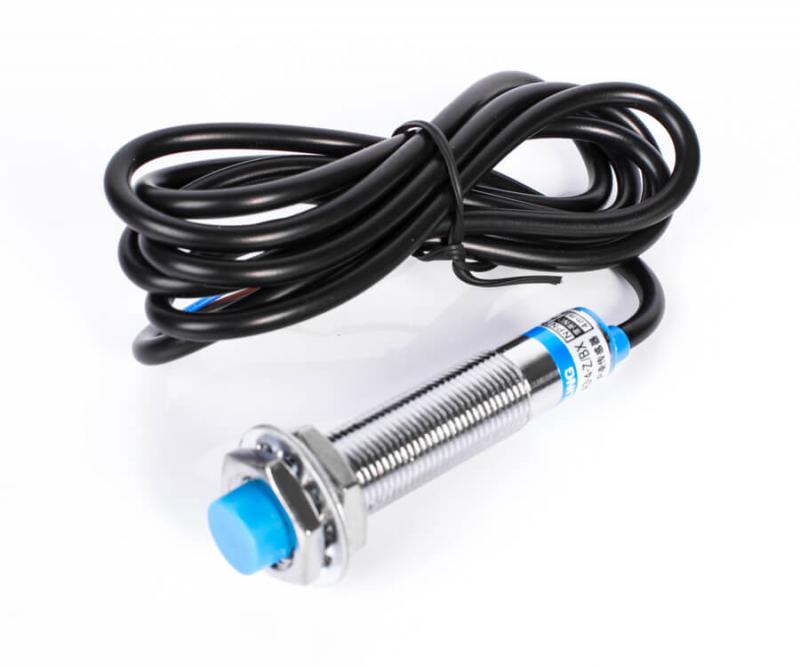In the era of Industry 4.0, smart manufacturing has become a reality, revolutionizing the way industrial processes are conducted. At the heart of this transformation are industrial sensors, sophisticated devices that collect real-time data from machines, equipment, and production lines. These sensors play a pivotal role in optimizing manufacturing operations, enhancing efficiency, and ensuring the highest quality products reach the market.
One of the key advantages of employing industrial sensors in smart manufacturing is the ability to monitor and analyze various parameters in real-time. These sensors can measure factors such as temperature, pressure, vibration, humidity, and more, providing valuable insights into the health and performance of machinery. By continuously monitoring these variables, manufacturers can identify potential issues and predict maintenance needs before breakdowns occur, reducing unplanned downtime and associated production losses. Moreover, the data collected from industrial sensors allows for data-driven decision-making, enabling manufacturers to fine-tune processes, optimize workflows, and increase overall efficiency.
In addition to efficiency gains, industrial sensors significantly impact product quality. They ensure that manufacturing processes remain within specified parameters, leading to consistent and reliable production outputs. For instance, in the food and beverage industry, temperature and humidity sensors help maintain optimal storage conditions to prevent spoilage and ensure freshness. In automotive manufacturing, precision sensors verify critical dimensions during assembly, guaranteeing that every vehicle meets rigorous quality standards. Furthermore, industrial sensors can be integrated into quality control systems, enabling real-time inspection and defect detection. By catching defects early in the production process, manufacturers can minimize waste and rework, resulting in cost savings and improved customer satisfaction.
Furthermore, the data collected from industrial sensors facilitates continuous process improvement. By analyzing historical data and trends, manufacturers can identify areas for optimization and implement changes to streamline operations further. This iterative approach to process improvement drives long-term efficiency gains, reduces production costs, and enhances product quality over time.
In conclusion, smart manufacturing with industrial sensors represents a paradigm shift in industrial processes, where real-time data and insights drive efficiency and quality. By continuously monitoring and analyzing various parameters, industrial sensors empower manufacturers to make informed decisions, optimize production processes, and proactively address maintenance needs. The result is a more efficient and agile manufacturing ecosystem capable of meeting the demands of modern markets and delivering high-quality products to consumers. As the integration of Industry 4.0 technologies continues to expand, the role of industrial sensors will remain central to the evolution of smart manufacturing, shaping the future of industrial production for years to come.
